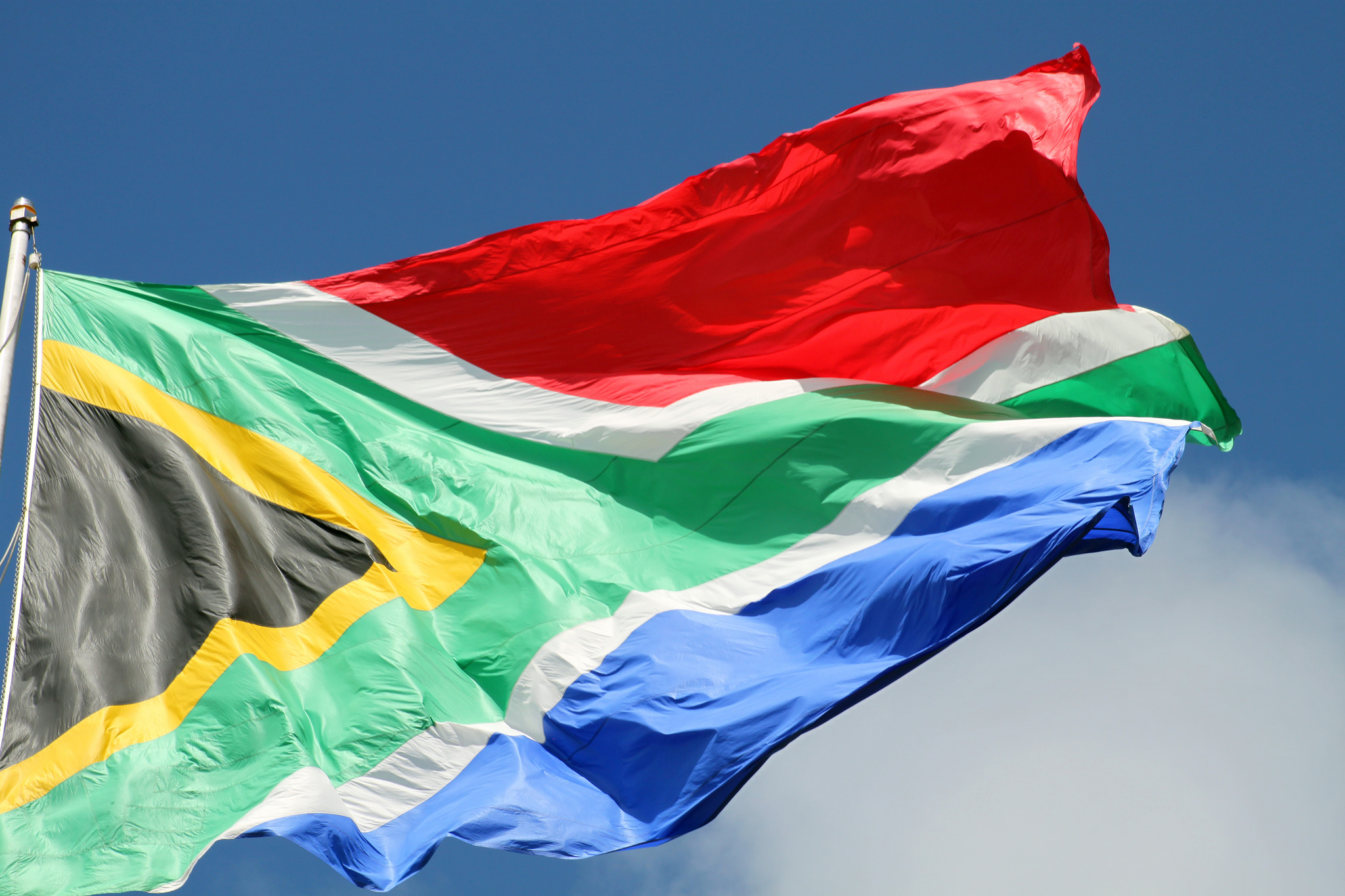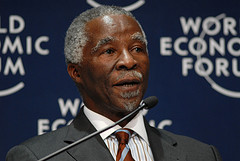I am writing from South Africa where I am visiting some colleagues at the University of Cape Town. Last month the media was dominated by the xenophobic violence that has resulted in the deaths of seven people and the injury of many more.
Hundreds of foreign-owned shops and businesses have been destroyed, and thousands of people have been displaced.
It is unclear exactly what triggered this first wave of attacks on people from other African states, which spread from Durban to the country’s economic capital, Johannesburg.
One of the popular theories is that the attacks began in Isipingo, after a supermarket called Jeena’s Warehouse decided to employ security guards to police striking employees.
As the employees were mostly South African, while the security guards were mainly foreign, this had the unfortunate and unintended consequence of generating tension between South African and foreign residents.
As the story spread, it took on a life of its own. The rumour that quickly gathered pace was that the supermarket had deliberately replaced permanent South African employees with “scab” foreign labour in order to cut the wage bill.
As tensions rose, this and other misinformation prompted a number of other community members to join the protest of the striking workers, transforming what had been a small and localised incident into something bigger and far more dangerous.
When the first attacks began, they quickly spread, reaching other parts of KwaZulu Natal and beyond.
The violence, and the failure of the police to stem it, has had a number of negative consequences not just for the foreigners that have been targeted, but also for South Africans.
Stories of migrants being “hunted like dogs” led the Nigerian government to demand an explanation from the South African High Commissioner, while Malawi has moved to repatriate its citizens.
Moreover, the breakdown in law and order, and the recent decision to deploy soldiers to halt the attacks has generated the impression of a country at risk of sliding into anarchy.
Recent research on the South African economy also suggests that the very people involved in the attacks may be worse off as a result.
All this raises a number of important questions. Why have these attacks occurred in South Africa, where the government provides more financial support to its citizens than almost any other African state?
Exactly how does a simple labour dispute escalate into widespread violence? And what happened to the Pan African dream of unity and friendship that inspired so many African leaders on the even of independence?
GREAT SPEECHES
In the 1960s newly independent African leaders made great speeches committing themselves to African unity.
According to the famous Ghanaian leader Kwame Nkrumah, the “greatest wrong which the departing colonialists inflicted on us, and which we now continue to inflict on ourselves in our present state of disunity, was to leave us divided into economically unviable states, which bear no possibility of real development”.
But from the very moment of independence onwards, the early promise of pan-Africanism was rapidly undermined by a series of harsh political realities.
Although most African leaders paid lip service to the value of continental unity, none were prepared to take the necessary steps to facilitate a broader political union. The costs were simply too high.
As Tanzania’s Julius Nyerere put it “one of the hard facts that we have to face on our way to African unity is that this unity means — on the part of countries — the surrender of sovereignty”.
Over time, Nyerere became increasingly aware that few of his counterparts were willing to make this sacrifice.
Despite the absence of continental or regional integration, some elements of Pan African thought and practice continued to live on, shaping how African countries related to one another.
For example, refugees fleeing wars of independence faced a perilous and tough experience, but in some cases were welcomed by independent governments in solidarity with states in which the anti-colonial war had not yet been won.
However, over time the gradual erosion of this bond of solidarity, combined with economic decline, undermined the willingness of states and host populations to welcome their neighbours.
Against this backdrop, the reintroduction of multipartyism acted as a catalyst for anti-foreigner sentiment against refugees. Throughout the 1990s, public pressure encouraged African governments to withdraw the hand of friendship.
For example, in 2007, Tanzania — which had previously been more willing than most to accept asylum seekers — intensified the forced repatriation of people of Rwandan and Burundian descent.
Human Rights Watch found that refugees were “threatened, beaten, and their property looted by Tanzanian officials, soldiers, and police officers or militia groups”.
POVERTY LEVELS
Of course, there is nothing African about this: during the same period in Europe, the leaders of anti-immigrant parties in countries such as Austria and France exploited economic difficulties to increase their political profile and share of the vote. It should therefore come as no surprise that democratisation unleashed similar forces in a number of African countries.
There is a big difference, of course, between imposing tougher asylum and migration policies and xenophobic violence. So what explains the shocking attacks in South Africa?
The most obvious explanation — and the one that much of the media have invoked — is that the violence is a product of poverty and mass migration.
Although poverty levels fell significantly between 2006 and 2011, Statistics SA estimates that 20.2 per cent of South Africans live in extreme poverty, while 45.5 per cent live in moderate poverty.
That means that over two-thirds of South Africans currently live in significant hardship.
At the same time, South Africa is now home to a great many refugees and migrants, and the numbers have swelled in recent years as a result of instability in nearby Zimbabwe.
Official figures suggest there are two million foreign nationals in the country, but critics claim the number is nearer four million.
It is easy to see why commentators often point to the interaction between this “influx” of foreigners and the country’s difficult economic context — the unemployment rate stands at 25 per cent — as the root cause of the crisis.
But poverty alone cannot explain this tragedy. After all, South Africa is not poorer than other countries that also host large numbers of foreigners.
Between 2003 and 2014, the number of beneficiaries of social assistance grants increased from 7.7 million to 15.8 million. Whatever the perception, this is not a government that has turned its back on its people.
A more likely explanation is that the violence is fuelled not just by poverty, but more importantly by frustrated expectations. The end of apartheid has not brought about the economic transformation that many hoped for. Instead, a minority have become very wealthy while the position of the average citizen has not radically changed.
The lesson for other African states is clear. Even in South Africa, a country with a comparatively developed welfare state, the historical support of other African states for the anti-apartheid struggle, and the legacy of Mandela, inequality and irresponsible leadership have fostered ethnic tensions and political instability.
The solution is not to kick out foreigners, who often contribute important skills and capital to the economy, but to show political restraint and enact policies that will close the gap between the rich and the poor.
Given this, Deputy President William Ruto and the Kenyan government should be careful how they talk about the Somali community and the refugees at Dadaab camp.
The frustration of the Jubilee Alliance with its inability to prevent horrific terrorist attacks is understandable. But the tone set by political leaders is often taken up by the people, with potentially disastrous consequences.
This post originally appeared on Daily Nation.
Photo credit: flowcomm (Creative Commons)






No Comment